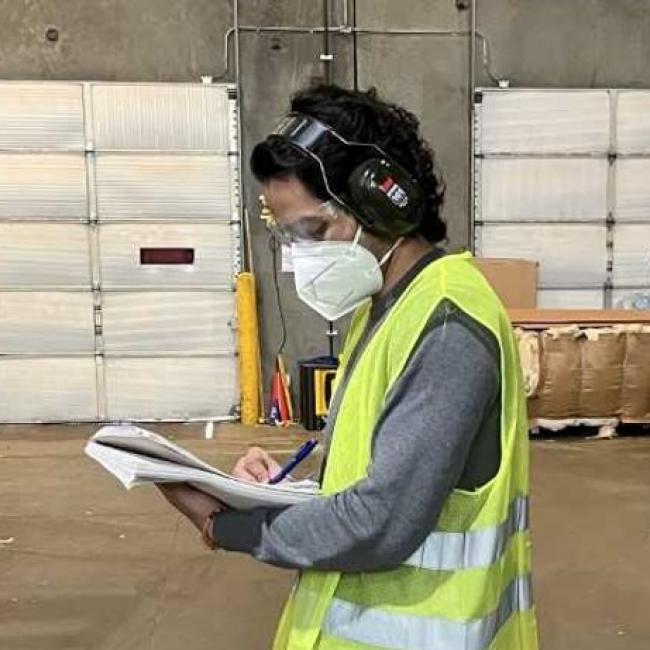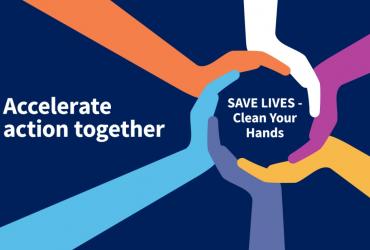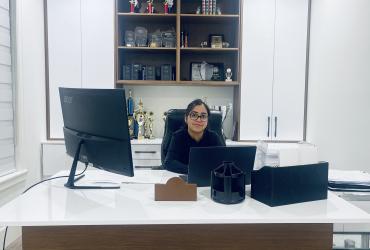When I received an email from Schneider Electric saying that they wanted me to come in for an interview, I rubbed my eyes, reread the email, re-reread the email, and nearly leapt in joy before realizing that I'd have to prepare for the most dreadful part of any job search: the interview. As per usual, I researched the company, making sure to take thorough notes of their products and services, core values, mission statement, accomplishments, and so on.
I recall it was during a family drive--I don't remember where we were going--when I casually mentioned to my parents that I had an interview coming up for a company called Schneider Electric. I don't remember their exact responses, but it was something along the lines of, "Oh, Schneider Electric? We've heard of them. They're a big deal." I decided then that my research hadn't nearly been thorough enough and immediately got back to it once I got home.
After conducting research into the company, I conducted research into myself. Who am I? What are my strengths and weaknesses? What could I provide for the company? What could they provide for me? After an exhaustive investigation into the company, a deep self-examination, multiple run-throughs of answers I prepared for questions I hoped to god they would ask, and a few much-needed sessions of listening to Earth, Wind & Fire to get me pumped up, I decided that I was ready for the interview.














